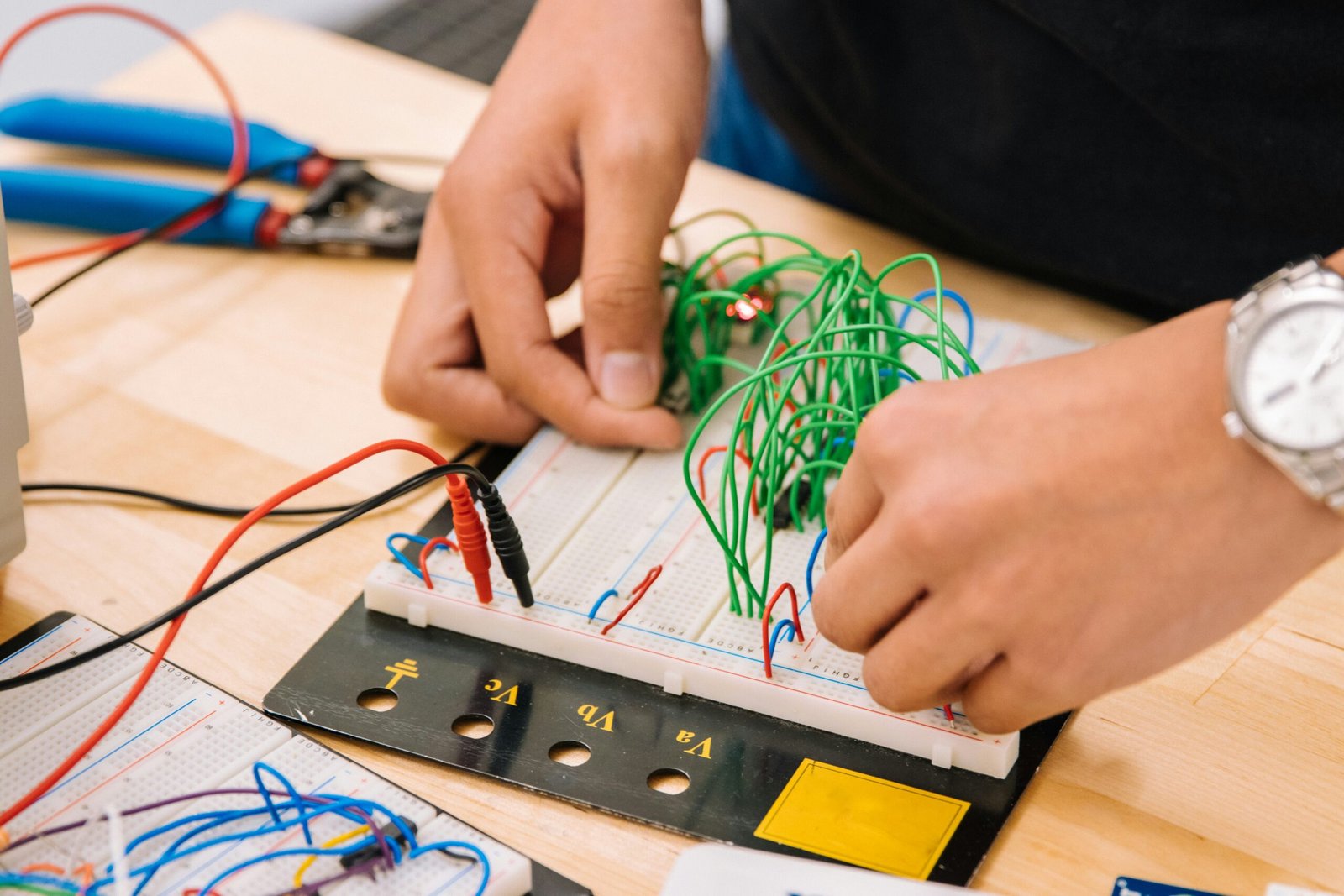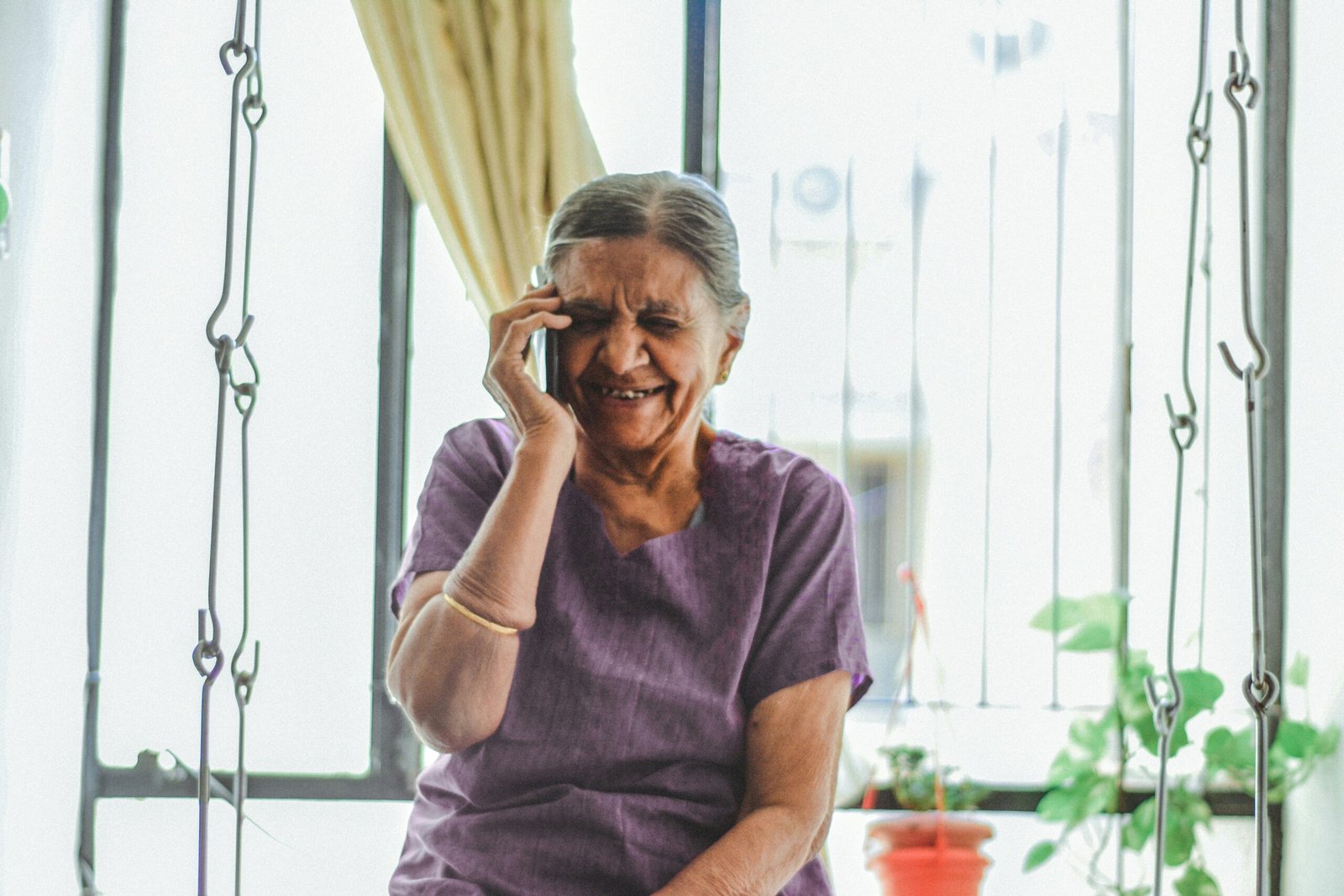Introduction to Hiro’s World
Hiro is a young and ambitious entrepreneur based in Japan, a country renowned for its rigorous work culture and high expectations. As a dynamic participant in a fast-paced and competitive business environment, Hiro has achieved significant milestones in his career at an impressively young age. With a burgeoning startup that has garnered attention for its innovative approach and competitive edge, he has become a symbol of youthful success in the Japanese entrepreneurial landscape.
However, this path to success has not been without its challenges. The relentless pursuit of excellence, coupled with the demands of powering through long hours, has taken a substantial toll on Hiro’s emotional and mental well-being. As he navigates through corporate pressures and the constant need to outperform competitors, Hiro finds himself grappling with feelings of overwhelming stress and exhaustion. The expectations from both himself and others create a perpetual state of anxiety, which is increasingly affecting his personal life and overall happiness.
Amidst the noise of meetings, deadlines, and strategic planning, Hiro slowly begins to realize that achieving success at the expense of his health is unsustainable. It is during this period of self-reflection that he is introduced to the concepts of mindfulness and self-care. Initially, these ideas seem foreign; however, the prospect of finding balance in his life becomes a motivating factor for Hiro. Recognizing the urgent need to address his emotional health, he embarks on a journey towards understanding mindfulness, setting the stage for transformative change in his life.
The Weight of Expectations
In the modern landscape of professional growth and entrepreneurship, expectations can weigh heavily. Hiro, like many others, finds himself navigating a complex web of societal demands, personal ambitions, and an insatiable pursuit of success. The pressure to excel in his career is not merely a matter of professional obligation; it intertwines deeply with the cultural narratives that define achievement and worthiness in today’s society.
Societal expectations often dictate what success looks like, creating a standard that is frequently unattainable. For Hiro, the burden of these expectations manifests in various ways, from the relentless chase for promotions to the urgent desire to build a brand that stands out. Each milestone is met with the anticipation of further advancements, generating a cycle of stress and self-doubt. The fear of falling short exacerbates these feelings, leading to a sense of inadequacy that can be crippling.
Moreover, personal ambitions play a dual role. While they can serve as motivation, they also contribute to the pressure. Hiro’s aspirations push him to work harder, but they also mean that he is often left feeling fatigued and burnt out. The pursuit of ambitions without adequate self-care may lead to a compromised mental and emotional state. In Hiro’s case, the relentless drive to succeed has sparked feelings of overwhelm, making it increasingly difficult to maintain harmony between his professional and personal life.
The toll of this entrepreneurial lifestyle is significant, as Hiro’s experiences reveal the common emotional struggles faced by many in his position. Acknowledging these pressures is the first step toward finding balance. Recognizing the weight of expectations can ultimately motivate individuals like Hiro to seek healthier approaches to achieving their goals without sacrificing their well-being.
Seeking Change: The Mindfulness Retreat
After years of relentless work demands and the mounting pressures of daily life, Hiro recognized the pressing need for a transformative shift. His decision to attend a mindfulness retreat stemmed from an overwhelming sense of burnout that had gradually taken hold of his well-being. The catalyst for this choice was a desire to break free from the exhaustive cycle of stress and regain control over his life. Hiro understood that his mental and emotional health had been significantly compromised, leading him to seek solace and rejuvenation in a more tranquil setting.
The retreat promised an environment distinctly different from his usual surroundings—a place where he could focus solely on mindfulness practices, meditation, and self-care. This prospective escape was not just an opportunity to pause, but an essential step towards introspection and healing. Hiro envisioned this experience as a pathway to clarity, hoping to reassess his priorities and rediscover a sense of balance that had long eluded him amid the chaos of work obligations and personal responsibilities.
His motivation was rooted in a profound longing for peace, a craving for the stillness that mindfulness can provide. By committing to this retreat, Hiro aimed to cultivate a deeper understanding of himself, bridging the gap between his current state and the life he wanted to lead. He anticipated gaining valuable tools and techniques that could be applied to daily life, empowering him not only to manage stress more effectively but also to foster a greater sense of gratitude and mindfulness overall.
Ultimately, Hiro’s decision to attend the mindfulness retreat underscored the necessity of stepping back from the relentless hustle. In seeking change, he hoped to embark upon a journey of self-discovery, laying the groundwork for a more fulfilling and balanced existence.
Meeting Sarah: The Wellness Coach from South Africa
Hiro’s journey towards mindfulness took a pivotal turn when he met Sarah, a wellness coach from South Africa, whose background and expertise in holistic health set a new course for his self-care journey. With a passion for promoting well-being through meditation and self-care practices, Sarah had dedicated her life to helping individuals unlock their potential for a more balanced lifestyle. Her personal experiences with mindfulness and emotional resilience allowed her to connect deeply with her clients, offering them the guidance they often lacked.
Sarah’s approach to wellness is characterized by empathy and understanding. When she first encountered Hiro, she listened intently to his struggles, creating an environment of safety and trust. This rapport was essential for Hiro, as it allowed him to express his challenges openly without the fear of judgment. Sarah’s ability to foster connections is a crucial component of her coaching methodology; it empowers her clients to delve into their emotional landscapes and facilitates a transformative healing process.
Throughout their sessions together, Sarah integrated various mindfulness techniques, including guided meditation and breathwork, which helped Hiro to establish a deeper connection with his thoughts and feelings. By emphasizing the importance of self-awareness, she encouraged him to view his emotional health as an integral part of his overall well-being. Moreover, Sarah introduced Hiro to self-care strategies that emphasized the necessity of prioritizing personal time for reflection and renewal. These strategies became vital tools for Hiro as he learned to navigate the complexities of his life with newfound clarity and purpose.
The relationship between Hiro and Sarah evolved into a powerful alliance that significantly influenced Hiro’s mindset and approach to challenges. With Sarah’s compassionate support and expertise, Hiro began embracing mindfulness not only as a practice but as a way of life, leading to profound changes in his emotional and physical health.
Lessons in Mindfulness: Hiro’s Transformation
Hiro’s journey into mindfulness begins with the introduction of meditation techniques and self-care practices by his mentor, Sarah. Recognizing the stress and anxiety that Hiro has been grappling with, Sarah emphasizes the importance of grounding oneself through mindful practices. The primary technique she introduces is focused breathing, which involves inhaling deeply through the nose and exhaling slowly through the mouth. This technique not only helps Hiro to regulate his emotions but also serves as a reminder to remain present at the moment.
As Hiro progresses, he learns to incorporate daily meditation into his routine. Initially, he struggles to quiet his mind, as thoughts of; work stress and personal challenges frequently crept in. However, through patience and persistence, he gradually achieves emotional breakthroughs. These moments of clarity allow Hiro to confront previously suppressed emotions, fostering an understanding of their roots. For example, during one of his sessions, he realizes that some of his anxieties stem from a fear of failure, which has held him back professionally and personally.
Moreover, Sarah introduces Hiro to the practice of gratitude journaling. This self-care practice becomes a pivotal tool in his transformation. Each evening, Hiro reflects on his day, listing three things he is grateful for. This habit shifts his focus from negative thought patterns to appreciating the small joys in life. He starts to notice the beauty in mundane experiences, such as a warm cup of tea or a kind interaction with a stranger.
However, Hiro’s journey is not without challenges. There are days when the weight of his worries feels insurmountable, leading him to question the efficacy of these new habits. Yet, Hiro learns that setbacks are part of the process, and through continued practice, he cultivates resilience. In essence, mindfulness becomes a foundational aspect of his self-care regime, significantly contributing to his emotional well-being and overall transformation.
Rediscovering Passions: Beyond Work
Hiro’s transformation began when he made the conscious choice to prioritize self-care and mindfulness in his daily routine. This shift allowed him to step back from his career-centric life and reflect on the elements that previously brought him joy. By embracing mindfulness, Hiro not only cultivated a sense of presence but also began to unearth interests and passions that had been neglected over the years.
Among the first activities he revisited was painting, a hobby he had loved during his youth. With newfound attention to detail and a relaxed mindset, Hiro found that each brushstroke became a form of meditation, enabling him to express his feelings in a creative manner. This rekindling of artistic passion served as a profound reminder of the importance of creative outlets in enhancing emotional health. Through art, Hiro discovered an avenue for self-expression that greatly contrasted with the rigorous demands of his professional life.
Alongside painting, Hiro started dedicating time to playing music. The guitar, which had previously gathered dust, found its way back into his daily activities. As he strummed chords, he felt his stress levels diminish, showcasing the therapeutic benefits of engaging in pleasurable pursuits. Music not only became a source of relaxation but also a way to connect with friends who shared similar interests, fostering deeper relationships that had been sidelined during his busy work life.
Moreover, Hiro’s commitment to mindfulness encouraged him to explore other activities, such as hiking and cooking. Each experience allowed him to connect with nature and nourish himself physically and emotionally, reinforcing the idea that self-care extends beyond mental health. As Hiro embraced these passions, he realized they served as vital components of his overall well-being, affirming his belief that a balanced life encompasses more than just professional success.
The Ongoing Journey of Self-Care
Self-care and mindfulness are often perceived as isolated activities, but for Hiro, they represent an ongoing journey that demands consistent effort and adaptation. As he navigates through the complexities of his professional life, it becomes evident that these practices cannot merely be implemented once and forgotten. Instead, they require a meaningful commitment to integrate them into his routine, which can be particularly challenging given the demands of his job.
Hiro has made a conscious choice to dedicate specific time slots throughout his day for mindfulness exercises, such as meditation and reflective journaling. These practices allow him to recalibrate his mental state and provide a moment of reprieve amidst a busy schedule. However, maintaining this balance is not without its hurdles. With increasing project deadlines and responsibilities at work, the temptation to sacrifice self-care practices becomes palpable. Hiro often finds himself questioning whether he can afford the time to engage in activities that promote his well-being.
Real-world challenges also present obstacles to achieving a consistent mindfulness practice. Hiro encounters stress and distractions that can disrupt his focus and commitment, leading to feelings of guilt or inadequacy. Yet, he understands that these struggles are part of the process. To counteract these barriers, he has actively sought ways to foster a supportive environment, including enlisting the help of colleagues and friends who appreciate the importance of self-care. Together, they encourage one another to prioritize their mental health.
Overall, Hiro’s journey illustrates that self-care is far more than a temporary fix; it is an evolving practice that requires resilience and flexibility. The challenges he faces serve as reminders of the importance of remaining dedicated to fostering mindfulness in his life, allowing him to navigate the complexities of both personal growth and professional obligations.
The Impact of Mindfulness on Emotional Health
Hiro’s journey into mindfulness brought about profound shifts in his emotional health, marking a significant turning point in his life. By practicing mindfulness regularly, he began to experience enhanced mental clarity, which allowed him to observe his thoughts and feelings without judgment. This newfound awareness provided him with the tools to navigate stressors more effectively, leading to increased emotional resilience. As stress levels decreased, Hiro noticed that he could handle challenging situations with a sense of calm, significantly reducing instances of burnout.
The practice of mindfulness serves as a powerful technique for improving emotional well-being. It enables individuals to live in the present moment, making it easier to let go of past grievances and future anxieties. For Hiro, this shift not only improved his focus but also enriched his emotional experiences. Instead of succumbing to negative emotions, he learned to acknowledge and understand them. This understanding fostered compassion towards himself and others, thereby strengthening his interpersonal relationships.
Moreover, Hiro’s journey emphasized how mindfulness contributes to overall well-being. Engaging in mindfulness practices, such as meditation and focused breathing exercises, helped him to cultivate a greater sense of peace. As a result, he found that he had more energy and motivation to participate in social activities, hobbies, and self-care initiatives, enhancing his quality of life. This holistic approach to emotional health illustrates how adopting mindfulness can lead to a balanced life, where an individual can thrive amidst life’s challenges.
In conclusion, the impact of mindfulness on Hiro’s emotional health showcases its transformative power. By integrating mindfulness practices into daily life, individuals can create a pathway toward improved emotional resilience and mental clarity, ultimately promoting overall well-being.
Conclusion: Embracing Balance in Life
Hiro’s journey illustrates the profound impact of mindfulness and self-care on personal fulfillment and emotional health. Throughout his experiences, he sought not only to conquer external challenges but also to foster inner peace. This dual approach highlights the essential interplay between external achievements and internal well-being. By integrating mindfulness practices into his daily routine, Hiro demonstrated how the cultivation of awareness can lead to a more balanced existence. Engaging in meditation, for instance, allowed him to quiet the noise of the outside world and connect with his thoughts and feelings authentically.
Moreover, Hiro’s commitment to self-care was instrumental in maintaining his emotional health. He recognized the significance of taking time to recharge, indulge in hobbies, and cultivate relationships that nourished his spirit. These actions served not only as a reprieve from daily stressors but also fortified his resilience. Self-care practices are often viewed as indulgent, yet, as Hiro’s story exemplifies, they are vital components of a healthy and balanced life.
As readers reflect upon Hiro’s journey, it is encouraged that they consider their own lives and the influence of mindfulness and self-care in their daily routines. Are there areas of life that may require more attention or balance? Identifying specific practices that resonate personally can foster greater awareness and satisfaction. Whether through journaling, meditation, or setting aside time for leisure activities, small adjustments can yield significant benefits for emotional and mental well-being.
Ultimately, embracing balance is a continuous journey that requires attention and dedication. It is important to recognize that achieving balance is not only about chasing goals, but also nurturing the inner self, thereby paving the way to a more fulfilling life. Each individual possesses the power to create their own harmonious existence, drawing inspiration from Hiro’s pursuit of mindfulness and self-care.




















No Comments
Leave a comment Cancel